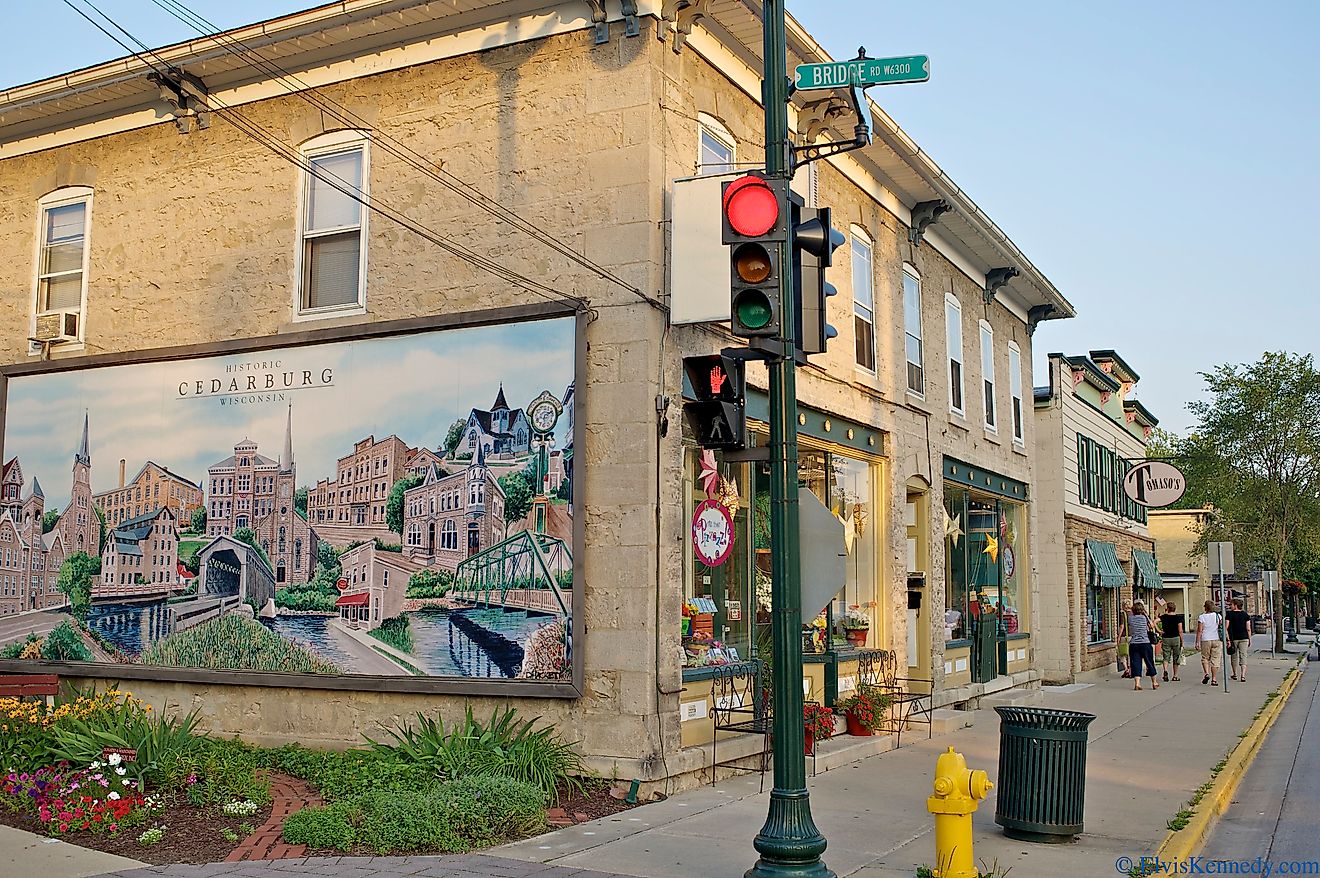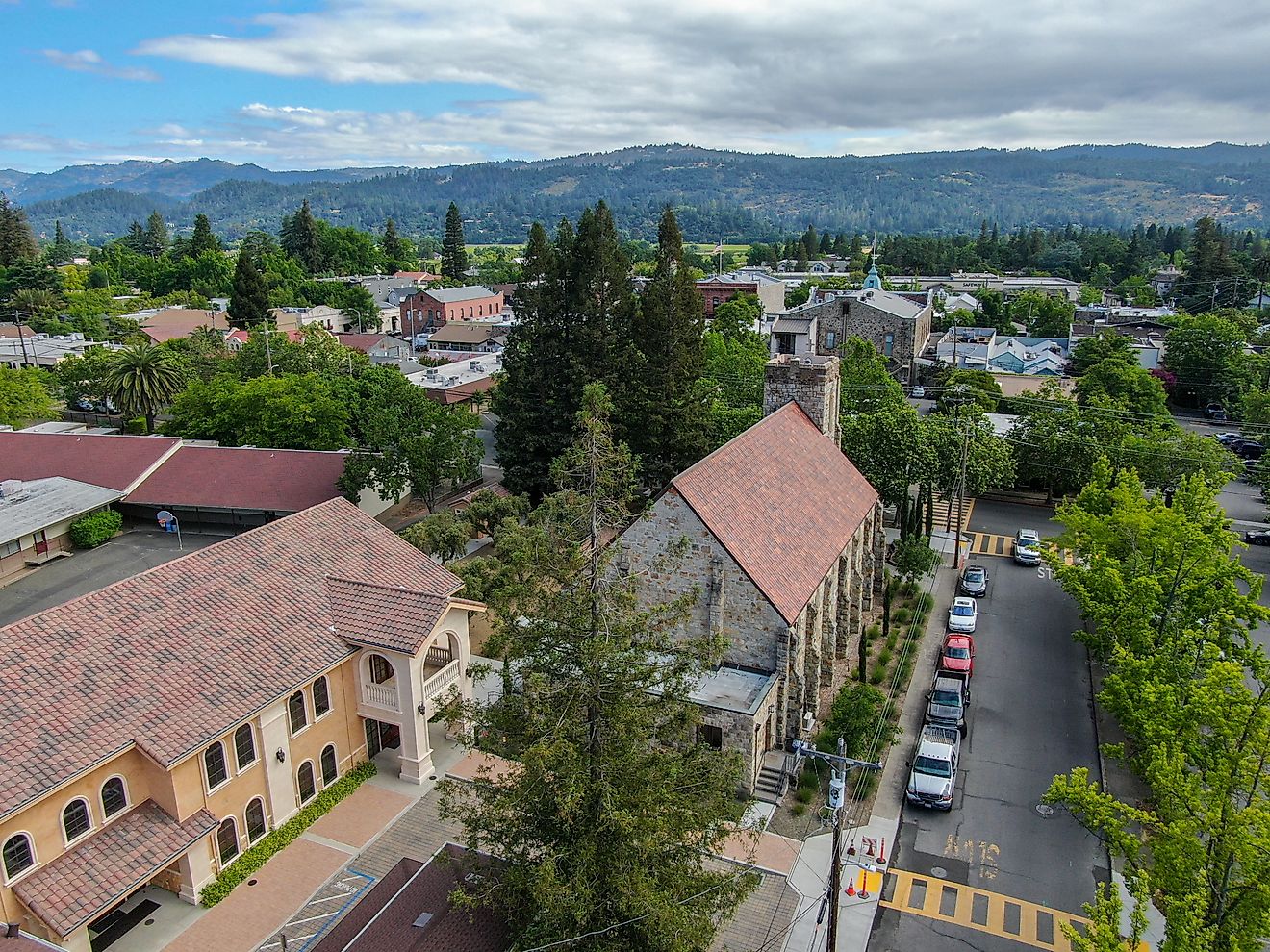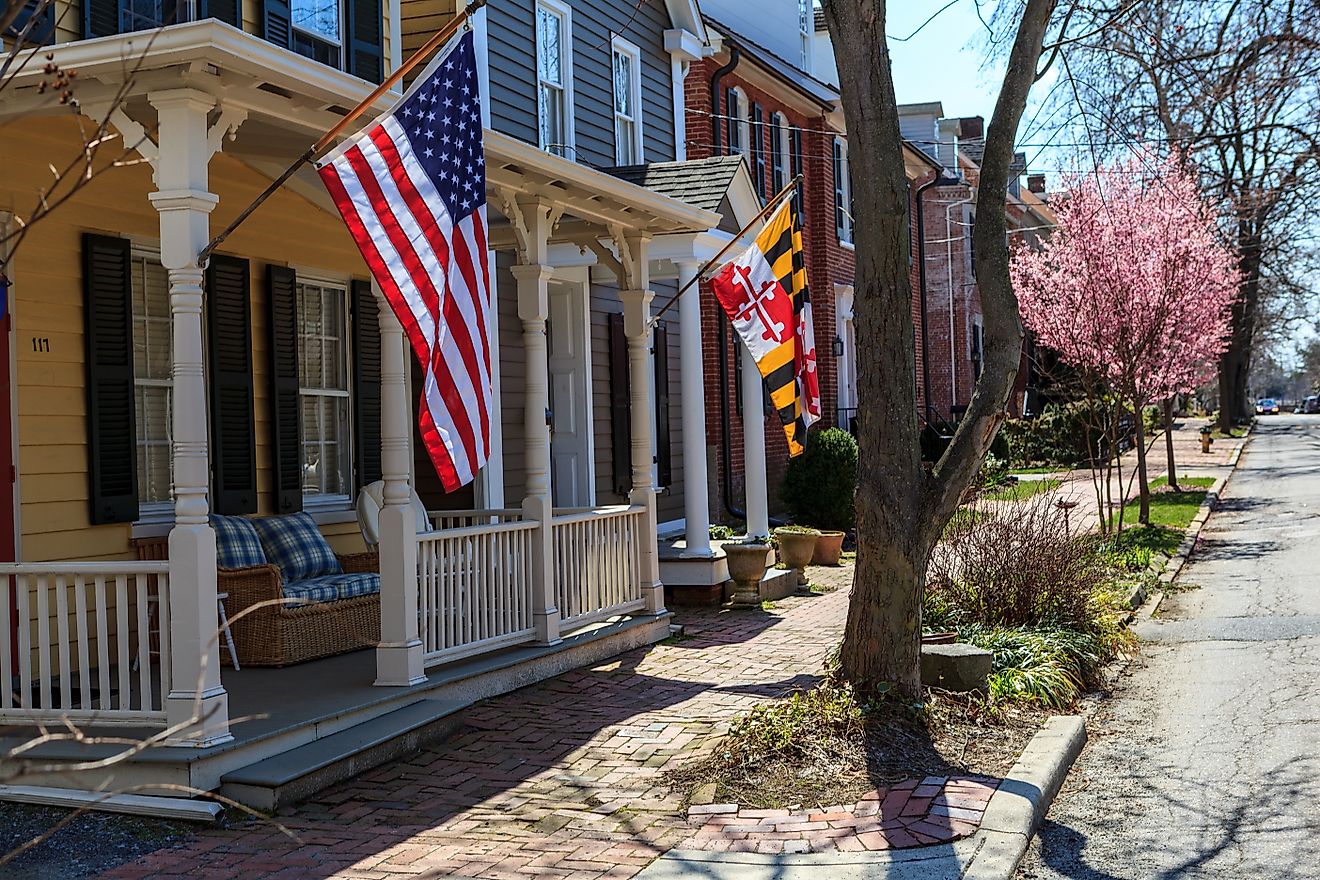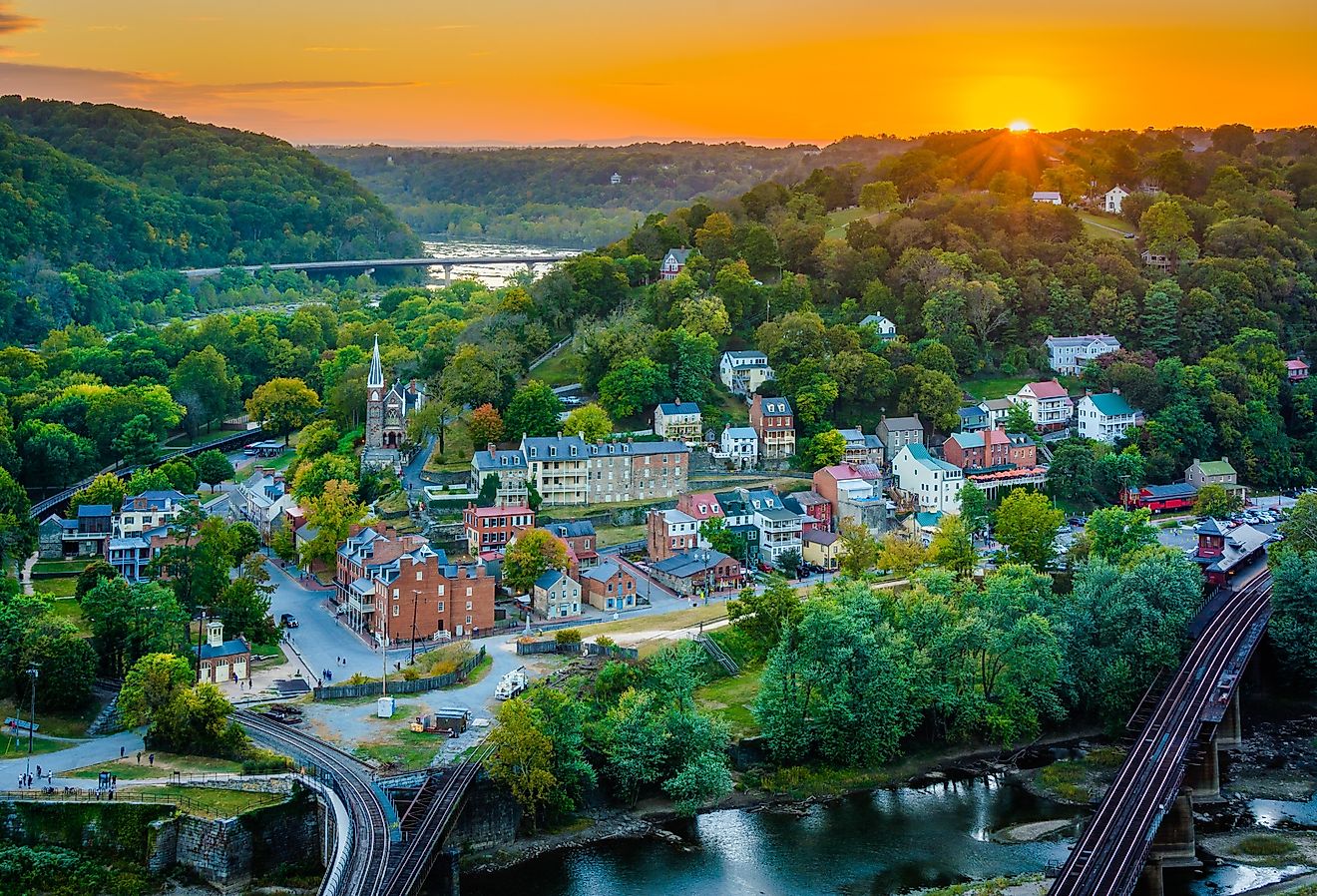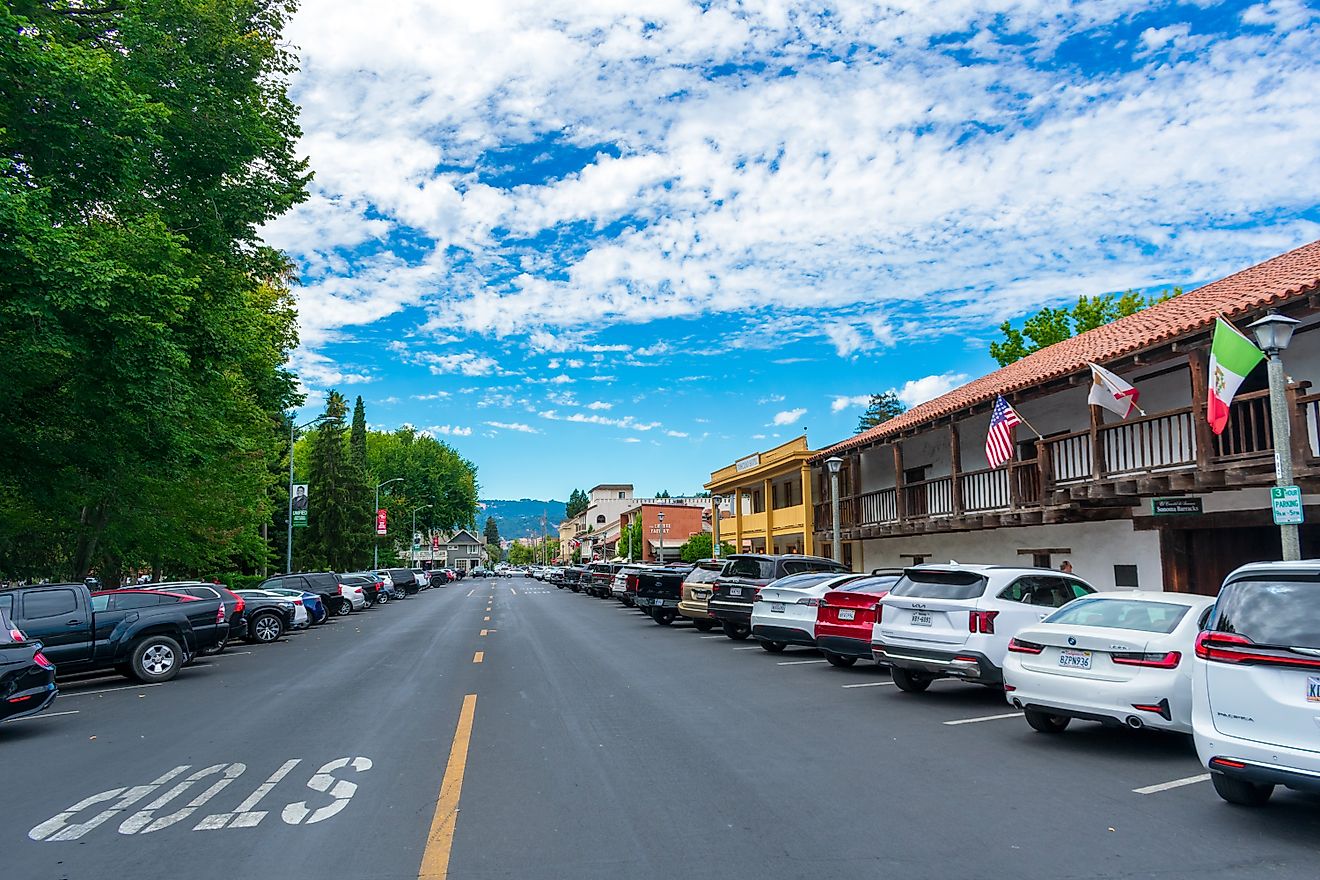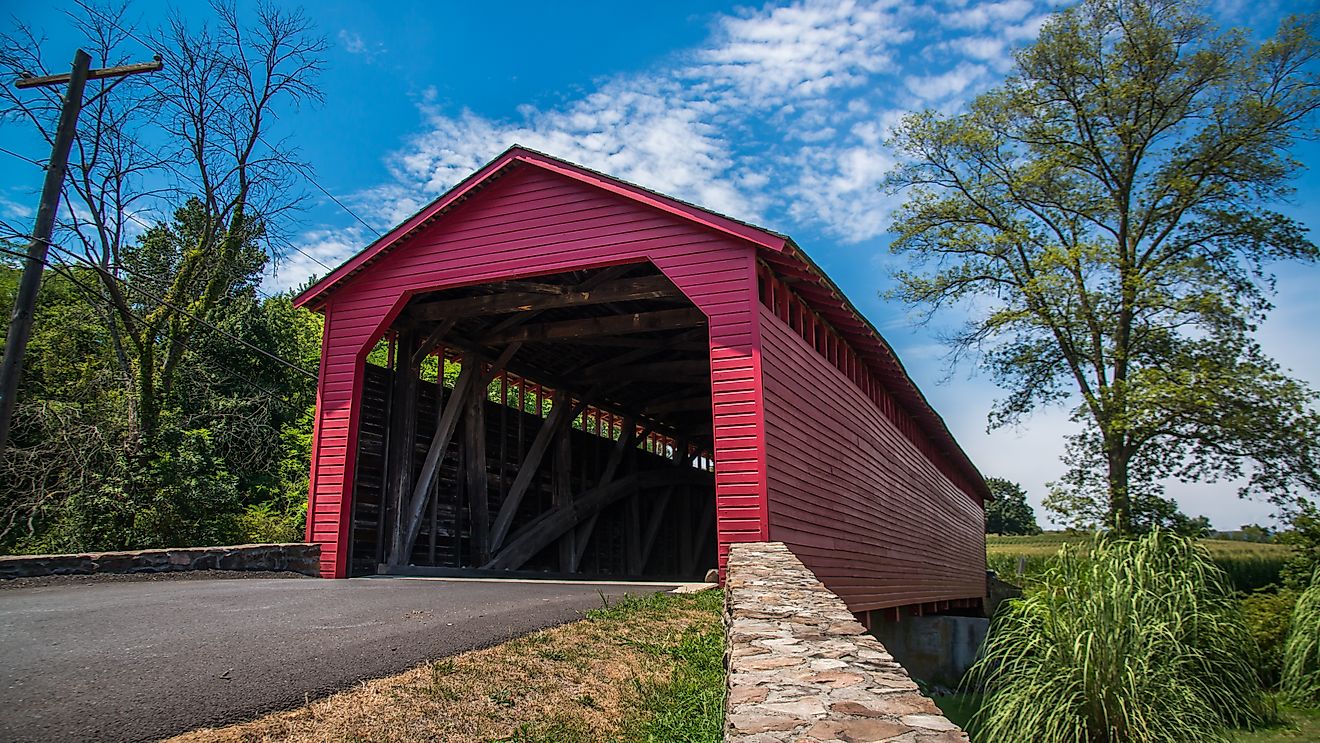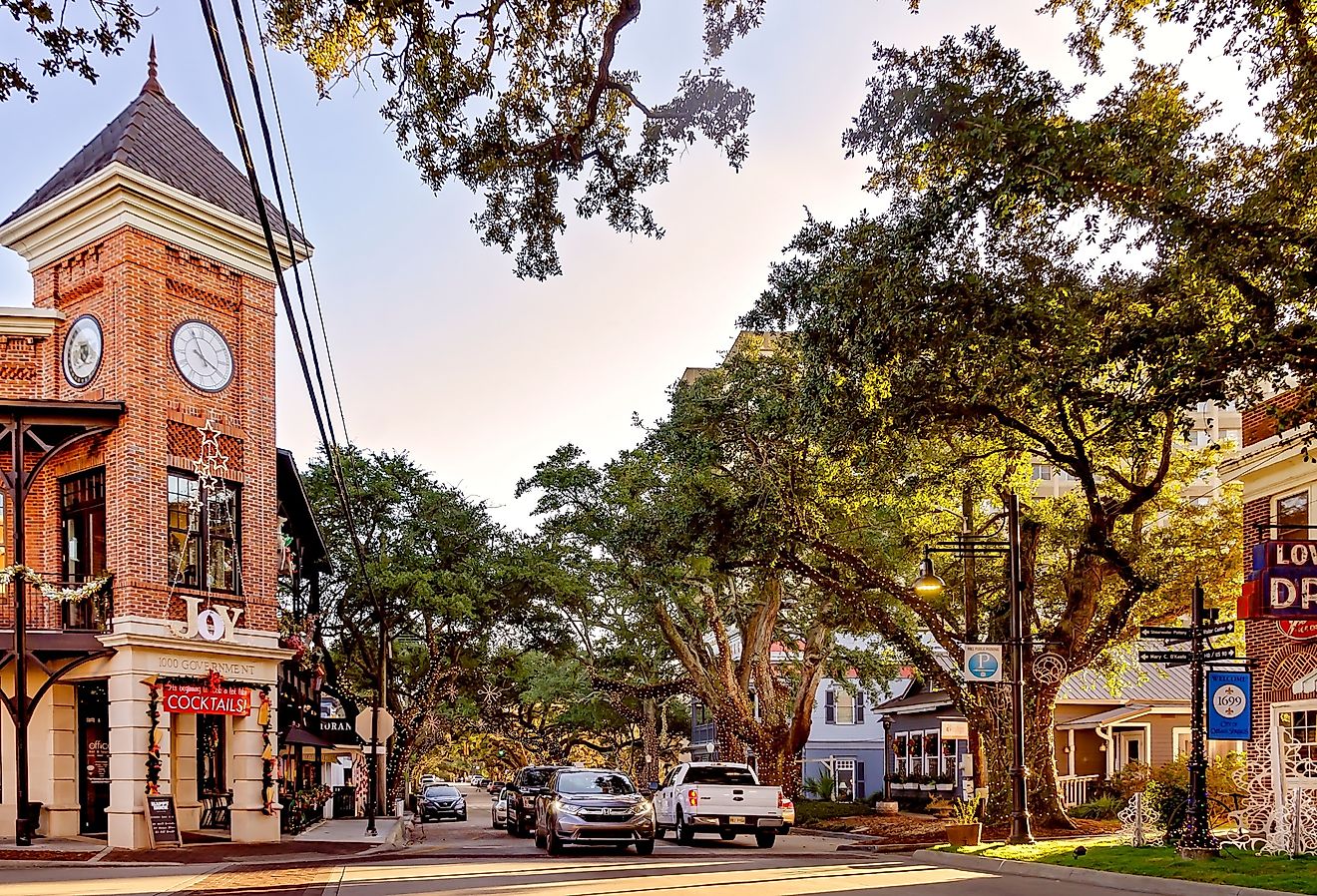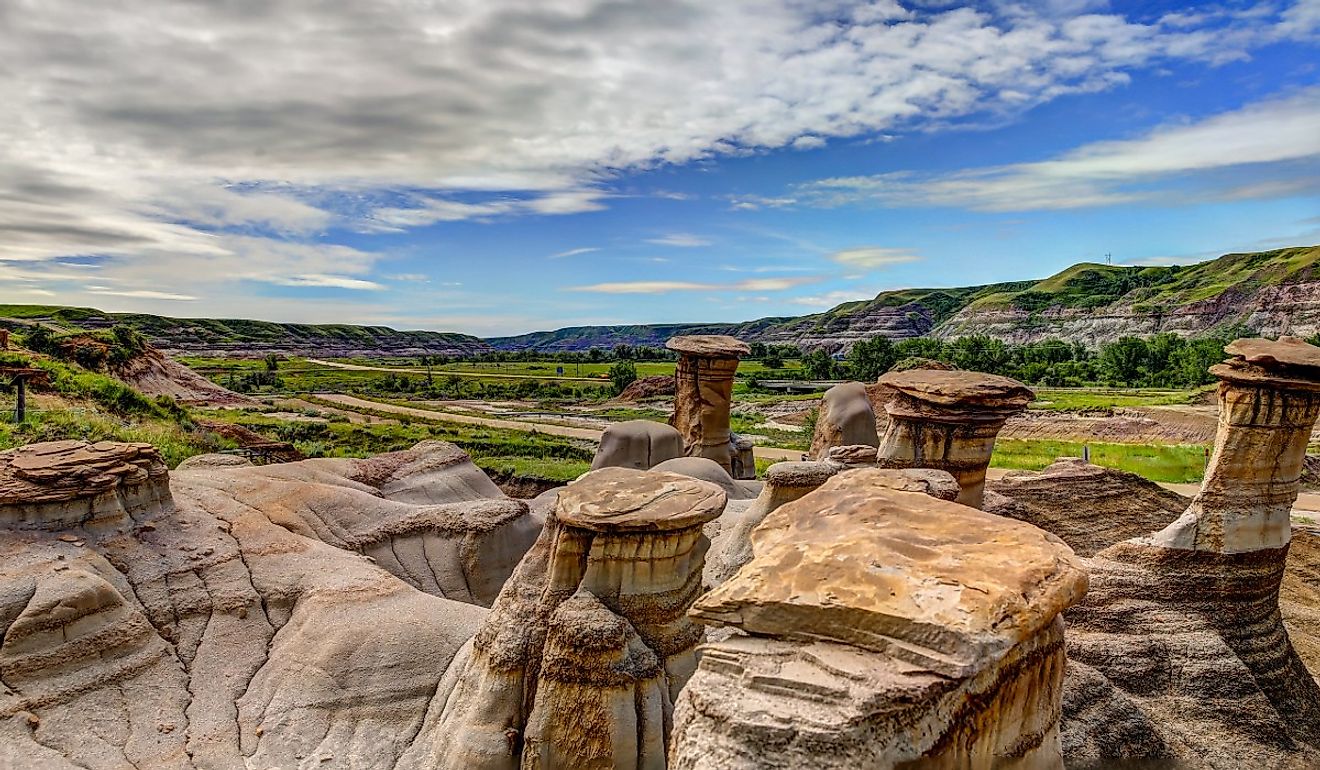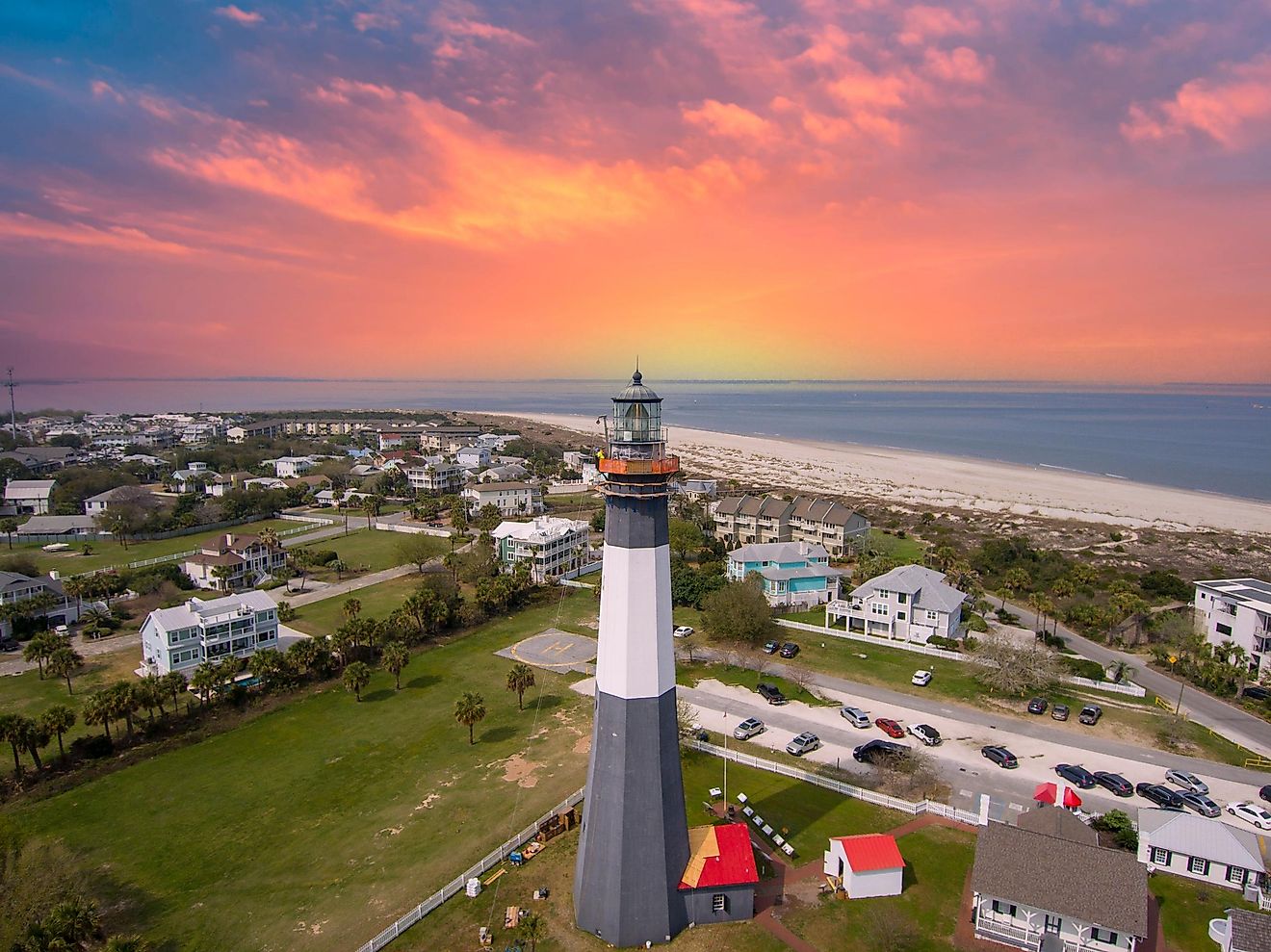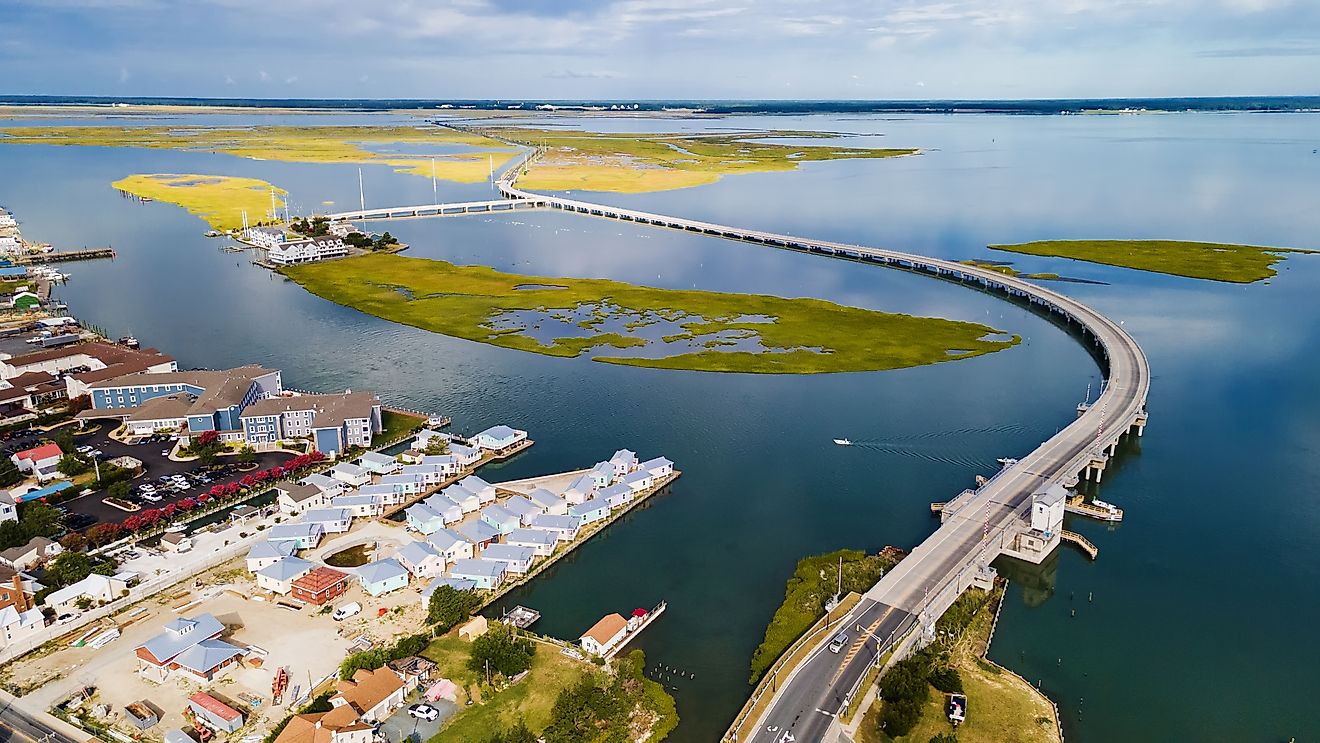
9 Underrated Canadian National Parks You Should Visit
Canada takes pride in preserving its vast wilderness. Beginning with Banff National Park, which in 1885 was only the third national park in the world, the country's number of federally protected spaces has since grown to an admirable 48. Of these, several are well-known and highly trafficked. Many others exist in the shadow of their popular neighbors and sometimes do not get the attention they deserve. Here is a sample of those underrated Canadian national parks that you should add to your True North itinerary.
Georgian Bay Islands National Park

Georgian Bay extends off of the Eastern section of Lake Huron and claims the title of the largest fresh-water archipelago in the world. The 63 islands within the Georgian Bay Islands National Park exist within the much larger UNESCO biosphere that constitutes over 30,000 islands and islets throughout the area. This Ontario-based park is another site that can only be accessed by boat. Naturally, this means that water activities are the main draw for visitors. Exploring the plethora of small islands by kayak or canoe is a great way to gain an appreciation for the billion-year-old, exposed continental crust, affectionately called the "Canadian Shield." After a day of adventure, dock at Beausoleil Islands, the largest island in the park and the only place where camping is permitted. But watch your step as this is one of the few places in Canada that the endangered Eastern Massasauga Rattlesnake calls home.
Elk Island National Park

The misleading name is in-line with Elk Island National Park's low-key goodness. This very much landlocked site is located just East of Edmonton, Alberta. And though it is a refuge for a large population of elk, it is perhaps better known as a restorative sanctuary for North America's largest land mammal, the bison. Those keen for a national park outing typically head further West to the province's much more popular Jasper National Park or Banff National Park. Though Elk Island lacks the mountain majesty, it makes up for it with its laid-back, 75 square-mile landscape that offers a quick-access respite from the city. Hiking the many loop trails, enjoying a picnic at the lake, or kicking back in the wildlife viewing areas are great ways to pass the time.
Gwaii Haanas National Park Reserve

Accessible only by seaplane or boat, the collective site of Gwaii Haanas National Park Reserve, National Marine Conservation Area Reserve, and Haida Heritage Site is a wild and historic place. Formed in 1988 as an act of goodwill after a federal logging dispute with the Haida First Nation residents, this park is about preserving the environment in its most natural form. For this reason, the 200 islands and islets have no paved roads and minimal facilities. What it does have is large-scale, moss-covered rainforest, majestic marine mammals, 39 species of plants and animals found nowhere else in the world, and the long-standing cultures of the Haida, who are most recognized for their large collections of brilliant totem poles. Gwaii Haanas is located on the Southern islands of Haida Gwaii, about 80 miles off the coast of Northern British Columbia.
Mount Revelstoke National Park

Located just outside of the mountain town of Revelstoke, in Southeastern British Columbia, Mount Revelstoke National Park is a great alternative to the pristine but popular neighbor of Glacier National Park. This 100 square-mile landscape offers some wilderness seclusion and a lot of straight-out-of-the-car fun. Enjoy the views of the converging Selkirk, Monashee, and Purcell Mountain ranges by parking near the summit of Mount Revelstoke. The winding drive up the Meadows in the Sky Parkway is peaceful, and it brings passengers within a modest hiking distance of the peak. For those more interested in exploring one of the world's only inland temperate old-growth rainforests, be sure to stroll the Giant Cedars Boardwalk trail - a mesmerizing forest-bathing experience.
Prince Edward Island National Park

Prince Edward Island National Park is as quaint as the small island province on which it resides. The maritime environment follows the North shore of PEI, which meets the waters of the Gulf of St. Lawrence. Here the coast merges with freshwater, forest, and wetland ecosystems. The park's highlights include stunning beaches, wind-swept sand dunes, and striking red cliffs, all backed by cozy forests, and open grassy spaces punctuated by boardwalks. PEI is a place that is often overlooked but naturally breathes ease and beauty.
Torngat Mountains National Park

This ancient landscape is an arresting mix of jagged mountains and deep-fjords. Located in the Labrador Peninsula in the Northern tip of the province of Newfoundland and Labrador, this epic region stretches for more than 6,000 square miles. Home to the Inuit of Labrador and Nunavik, the word Torngat comes from the original Inuktitut word Tongait, which means "places of spirits." One look at the untouched, otherworldly environment and one can clearly see where the name comes from. Here, polar bears and caribou roam amongst some of the oldest rocks on the planet. Torngat Mountains National Park has no roads, trails, or signs, but it is still an excellent place to explore by boat, plane, or foot via unmarked hiking routes and traditional Inuit paths. Visitors should capitalize on the seasonal base camp/village set up each year between July 20 and September 7.
Kootenay National Park

Kootenay National Park is centered around Highway 93, which branches Southwest off of the Trans Canada Highway and transitions from Southwestern Alberta to British Columbia. It is part of the UNESCO Canadian Rocky Mountain Parks World Heritage Site, along with Yoho National Park, Jasper National Park, and Banff National Park. While Kootenay National Park is plenty popular, it does not quite receive the same attention as the latter two famous Alberta sites. The beauty of Kootenay is that so much of it can be explored on a patient road trip. There are quick stops to be made at places like Marble Canyon, Paint Pots, or the Radium Hot Springs; bigger day hikes to enjoy like up Stanley Glacier, or Floe Lake; or immersive backcountry outings like the grand Rockwall trail - all begin in parking lots immediately off of the main road. The drive itself is also one of the prettiest and most rewarding in the country. Take it slow, as there are bears, deer, mountain goats, and sometimes even moose to be spotted.
Kluane National Park and Reserve

Kluane is a breathtaking national park in the Southwest region of the territory of Yukon. This area is known for its list of apex credentials. The snowy St. Elias mountain range throughout the park is home to 17 of Canada's 20 highest peaks, including the top dog, Mount Logan. Kluane also lays claim to the largest non-polar icefields in the world. And finally, this park and reserve combined with the neighbors of Tatshenshini-Alsek Wilderness Provincial Park, in Northern British Columbia, Wrangell-St Elias National Park and Preserve, in Eastern Alaska, and Glacier Bay National Park and Preserve, in Southeastern Alaska, form the largest UNESCO World Heritage Site in the world. The site covers a total of almost 70,000 square miles of protected wilderness. Unlike many of Northern Canada's protected wildernesses, Kluane National Park and Reserve is fairly accessible, as it is less than 100 miles from the territory's capital city of Whitehorse.
Mingan Archipelago National Park

From adorable puffins to fascinating erosion monoliths, the Mingan Archipelago is an underappreciated gem that tells of 500 million years of geological history. This national park is located in Eastern Quebec, on the North shore of the St. Lawrence River, and is yet another boat-only-access adventure. This limitation is a blessing in disguise as it inherently thins out the crowds and preserves the islands. Guided tours are available for day-trippers, and water taxis can be hired for folks looking to spend multiple days exploring the nearly 1000 islands and islets that span across the 93-mile stretch of river.
These Canadian National Parks may be underrated, but they are certainly not lacking in the same brilliance, allure, or outdoor recreation opportunities as some of their better-known brethren. Places like Banff and Jasper are every bit deserving of their praise, but so too are the dozens of other protected spaces spread across the land.
